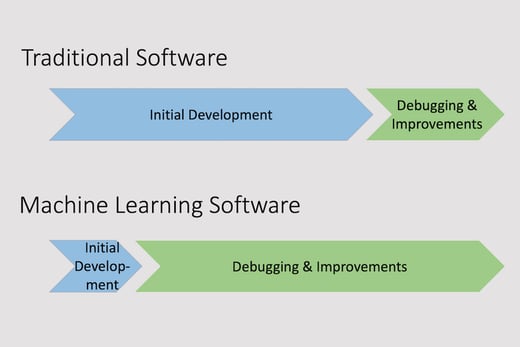Digital Pharmacist Digest - 🙆Digital hospital impact on medication errors, human-centred AI and more
3rd August, 2023
Kevin Sam
2 min read
Hiya 👋
We’re back with another edition of the digital pharmacist digest!
Here are this week's links that are worth your time.
Are you enjoying this digest? It would mean a lot if you'd consider forwarding it on to someone that you think would also appreciate it!
Thanks for reading,
Kevin
📖What I'm reading
🩺Patient Safety and 🩺💻 Health informatics - The impact of transition to a digital hospital on medication errors (TIME study)
“Digital transformation in healthcare improves the safety of health systems. Within our health service, a new digital hospital has been established and two wards from a neighbouring paper-based hospital transitioned into the new digital hospital.”
“The average monthly number of errors reduces from 12.5 pre- to 7.5 post-transition (p < 0.001). In the chart audit, 5072 medication orders are reviewed pre-transition and 3699 reviewed post-transition. The rates of orders with one or more error reduces significantly after transition (52.8% pre- vs. 15.7% post-, p < 0.001). There are significant reductions in procedural (32.1% pre- vs. 1.3% post-, p < 0.001), and dosing errors (32.3% pre- vs. 14% post-, p < 0.001), but not therapeutic errors (0.6% pre- vs. 0.7% post-, p = 0.478). Transition to a digital hospital is associated with reductions in voluntarily reported medication incidents and prescribing errors.”
🤖 Artificial Intelligence and 🩺💻 Health informatics- Introduction to the Special Issue on Human-Centred AI in Healthcare: Challenges Appearing in the Wild
"The expression “Human-Centred AI” is being used more and more in healthcare, but there is no consensus about what it means...To fill this gap, we provide a framework comprising five lenses of an HCI approach to Human-Centred AI in healthcare."
Human-Centred AI in Healthcare as an Alignment with Human Values
Human-Centred AI in Healthcare as a Design Process
Human-Centred AI in Healthcare as Interaction
Human-Centred AI in Healthcare as a Sociotechnical System
Human-Centred AI in Healthcare as a Sociotechnical System
🩺Patient Safety and 🩺💻 Health informatics - Telemedicine-Based Management of Oral Anticoagulation Therapy: Systematic Review and Meta-analysis
"Telemedicine-based oral anticoagulation management resulted in similar rates of major bleeding and mortality, a trend for fewer thromboembolic events, and better anticoagulation quality compared to standard care. Given the potential benefits of telemedicine-based care, such as greater access to remote populations or people with ambulatory restrictions, these findings may encourage further implementation of eHealth strategies for anticoagulation management, particularly as part of multifaceted interventions for integrated care of chronic diseases. Meanwhile, researchers should develop higher-quality evidence focusing on hard clinical outcomes, cost-effectiveness, and quality of life.”
🤖Artificial intelligence and 👨💻Product Management- Traditional vs machine learning software development
“When you’re building a traditional software system, it’s common practice to write a product spec, then write code to that spec, and finally spend time debugging the code and ironing out the kinks. But when you’re building a machine learning system, it’s frequently better to build an initial prototype quickly and use it to identify and fix issues. This is true particularly for building applications that humans can do well, such as unstructured data tasks like processing images, audio, or text.
Build a simple system quickly to see how well it does.
Figure out where it falls short (via error analysis or other techniques), and iteratively try to close the gap between what the system does and what a human (such as you, the developer, or a domain expert) would do given the same data..”
Did you find this article useful? If so, please consider forwarding this newsletter on to your colleagues.
Stay up-to-date with the Digital Pharmacist Digest
Any comments provided are personal in nature and do not represent the views of any employer


